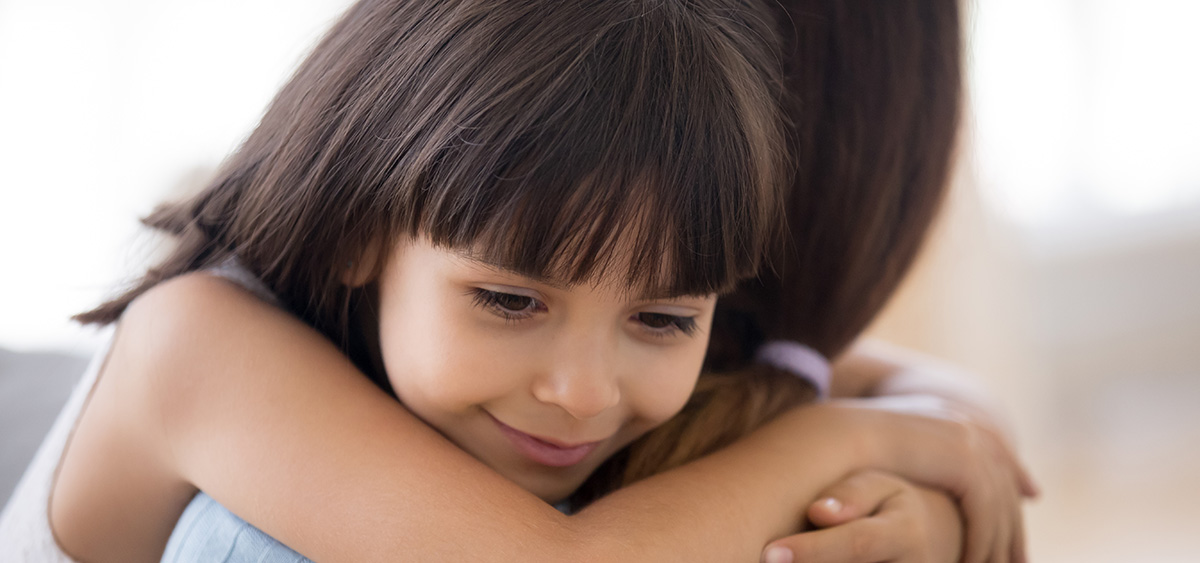There can be important people in a child’s life aside from the parents. These people could include an aunt, uncle, stepfather, grandparent, parent’s new spouse, nanny, etc. Can someone other than a child’s parents ask for and get custody of the child?

Custody Given to a Third Person
The law gives priority to parents when it comes to the custody of their children.
However, another person can go to court and ask for custody. This kind of request for custody is not always related to bad behaviour by the parents. Sometimes, the child’s well-being requires a third person to have custody.
A third person who wants custody must prove to the judge that this is in the interests of the child.
This is not an easy thing to do because the parents are often in the best position to ensure the well-being of their children. The third person must convince the judge that the opposite is true.
Decisions Concerning Children Who Are in the Custody of a Third Person
This means that the parents can continue to be involved in important decisions concerning their children, such as
- health care,
- education, and
- long-term recreational activities.
Divorce: Vocabulary Change in the LawSince March 1, 2021, the Divorce Act no longer uses the terms “custody” or “access”. The law now uses the term “parenting time” to describe a divorced parent’s relationship with a child of the marriage. For more information, see our article Divorce: What Is “Parenting Time” and What to Do When Moving. |
Real Cases: Custody Given to a Third Person
Real Cases: Custody Given to a Third Person
Case 1
Custody was originally awarded to the mother. After she passed away, the children went to live with their father. He was not able to connect with the children because his parenting style was very different than the mother’s. The children really wanted to live with their aunt and uncle, but the father would not let them. The aunt and uncle went to court to ask for custody of the children.
Given all the circumstances, and the interests of the children and their wishes, the five judges hearing the case allowed the children to live with their aunt and uncle.
Case 2
Two women were living together as a couple. One of them got pregnant but refused to recognize the other woman’s rights as a parent. However, both of them raised the child together from the moment he was born, for over two years. He even called his mother’s partner “Mom.”
The women separated. The woman who was not the biological mother wanted joint custody of the child. They went to court over it. The three judges who heard the case awarded joint custody, so the child would spend half of the time with the woman who was not his biological mother.
Real Cases: Refusal to Give Custody to a Third Person
Case 1
The child’s mother and father had separated. The father had had custody of the child for the previous four years. The mother never showed much interest in the child and was not very involved in his life. When the child turned 13, he decided that he wanted to live with his maternal grandfather, where he spent a lot of time during the summer. The grandfather, who was much better off financially than the father, spoiled the child. He asked for custody of the child, arguing that the father was not able to meet the child’s material needs, and that the father and child were living in dirty conditions.
The judge ruled that it was the grandfather’s fault that the child was unhappy with his father and his lifestyle. Also, the things the grandfather claimed against the father were not proven. The father said he was doing his best and offering what he could to his son. The judge refused to award custody to the grandfather.
Case 2
The child’s mother and father were separated and had joint custody of the child. Whenever it was the father’s turn to have the child, he would bring him to the grandmother (the father’s mother). Then, the father left the child with the grandmother and moved in with his new spouse. The child’s father and mother had a disagreement over something. The grandmother, backed by the father, asked for custody of the child. The mother responded and also asked for custody of the child, claiming that the father did not take care of him and let the grandmother do everything.
The judge pointed out that a parent has priority over a third person when it comes to the custody of a child. Since the mother was a good parent, the judge awarded custody to her. He granted visiting rights to the father and grandmother.
Another Possibility for Grandparents
Grandparents have another option aside from asking for custody of their grandchildren. They can sign a written agreement with the grandchildren’s parents that details their interactions with their grandchildren. If they can’t come to an agreement with the parents, they can also ask a court to give them the right to maintain a relationship with their grandchildren. This relationship has to be in the grandchildren’s best interests.





